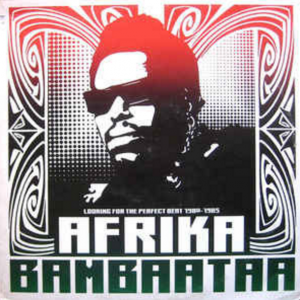I have sort of a lot to say about this book, but also not really. Professor O’Malley reminded us many many times that this book was tough to read, but jeez. Was not expecting to be thaaat hard. Sterne jumps around at a lot of points even before he begins his first chapter. I feel like throughout the book he tried more to include more than what was necessary and appropriate in the book. It seemed he tried to fit all his knowledge about everything even if it was not as relevant to the argument he was trying to make. A point we discussed in class was about how some amount of freedom is good and necessary to make way for creativity to blossom in society. Piracy, for example, makes innovation possible and makes it easy for so many people to get ahold of information and to take that, and make something new with it. A point Sterne talked about in his book was that “by using engineering to make use of THE limits of human perception, systems could be made more efficient and thereby generate more profit,” which interested me. It’s amazing that in the form of a sound that a corporation could make so much money. They literally are capitalizing on something we are born with doing and making it into something so sought after. Like AT&T, they “sought to bring life and its mechanisms into the realm of explicit calculations,” which in return would “make knowledge power,” and “an agent of transformation of human life”. Their production of a phone would would do just that. The MP3 builds a moment to moment relationship between people to each other or people with things, which is really special. It had the “understandings of what it means to communicate and to listen” and “what it means to make music”. It gives us the opportunity to connect worldwide to people, not only to entertain in the form of music.
Also the cat experiment was messed up on so many levels- but I’m not surprised it happened. There were zero ethical guidelines or any committees to get approval from in the time period that took place.


